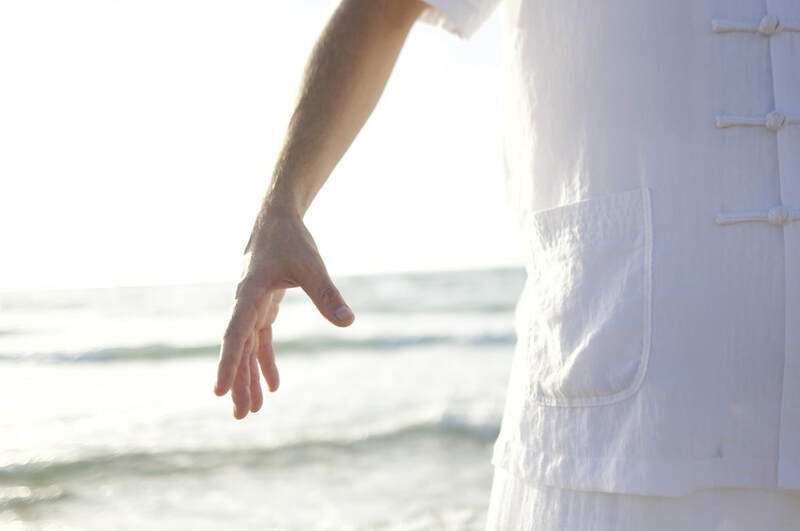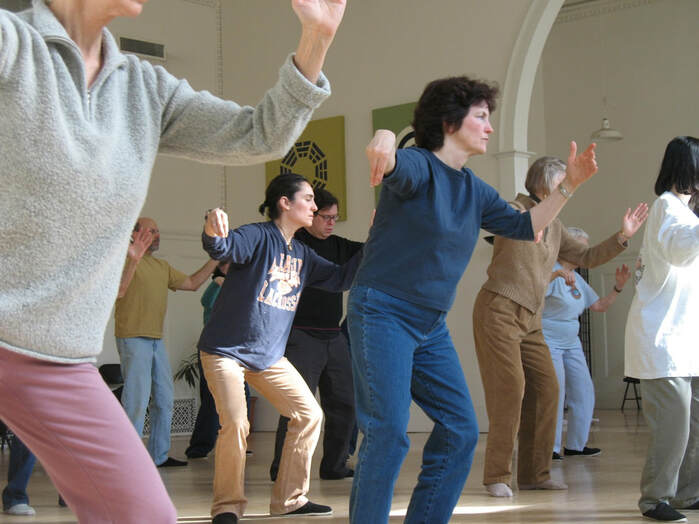Why Practicing Tai Chi Can Benefit Your Body Holistically
Tai chi, also known as tai ji quan, is an ancient Chinese exercise that incorporates martial arts, slow motions, and a strong focus. It is a practice that extends beyond just physical technique; it also values philosophical and spiritual teachings, such as the concept of yin and yang. This idea of yin and yang conceptualizes how the opposing forces of the universe (e.g. hot and cold, day and night, head and feet) are complementary, and emphasizes that balance and harmony can be established in our everyday actions. Despite the notion of this practice as an activity only done by elderly people at the local park, there is more to this exercise than just being a past time of the retired.
In a recent pilot study conducted by Harvard Medical School, researchers found that tai chi could enhance brain function and shorten recovery time of leg muscles in the elderly. Because tai chi requires both mental and physical attention, it benefits the body holistically and is described as “meditation in motion”. The slow movements it encompasses are very circular and soft, and muscles remain in a state of relaxation because these motions are not forceful. In addition, deep and mindful breathing helps destress the mind, while the concentration necessary to perform these actions in alignment keeps the mind alert and aware of its surroundings. The mental aspect of tai chi is a major characteristic of the benefits that it reaps.
In a recent pilot study conducted by Harvard Medical School, researchers found that tai chi could enhance brain function and shorten recovery time of leg muscles in the elderly. Because tai chi requires both mental and physical attention, it benefits the body holistically and is described as “meditation in motion”. The slow movements it encompasses are very circular and soft, and muscles remain in a state of relaxation because these motions are not forceful. In addition, deep and mindful breathing helps destress the mind, while the concentration necessary to perform these actions in alignment keeps the mind alert and aware of its surroundings. The mental aspect of tai chi is a major characteristic of the benefits that it reaps.
According to the pilot study, magnetic resonance imaging (MRI) was used to compare the chemical makeup of certain body tissues of individuals who consistently did tai chi for 12 weeks, with others who had no experience of tai chi or did not practice tai chi very frequently. Researchers found drastic improvements in the body’s ability to recover, both mentally and physically, in those that practiced tai chi. Thus, it makes sense that older populations are very keen on incorporating tai chi into their daily lives. However, this does not mean that people should wait until their retirement to begin taking preventative health measures. Whether you are an athlete looking for a restorative exercise to do on a rest day or a busy bee looking for a way to destress, tai chi may be a great addition to your self-care routine.
Featured Image Source: antonika
RELATED ARTICLES
|
Vertical Divider
|
Vertical Divider
|
Vertical Divider
|






